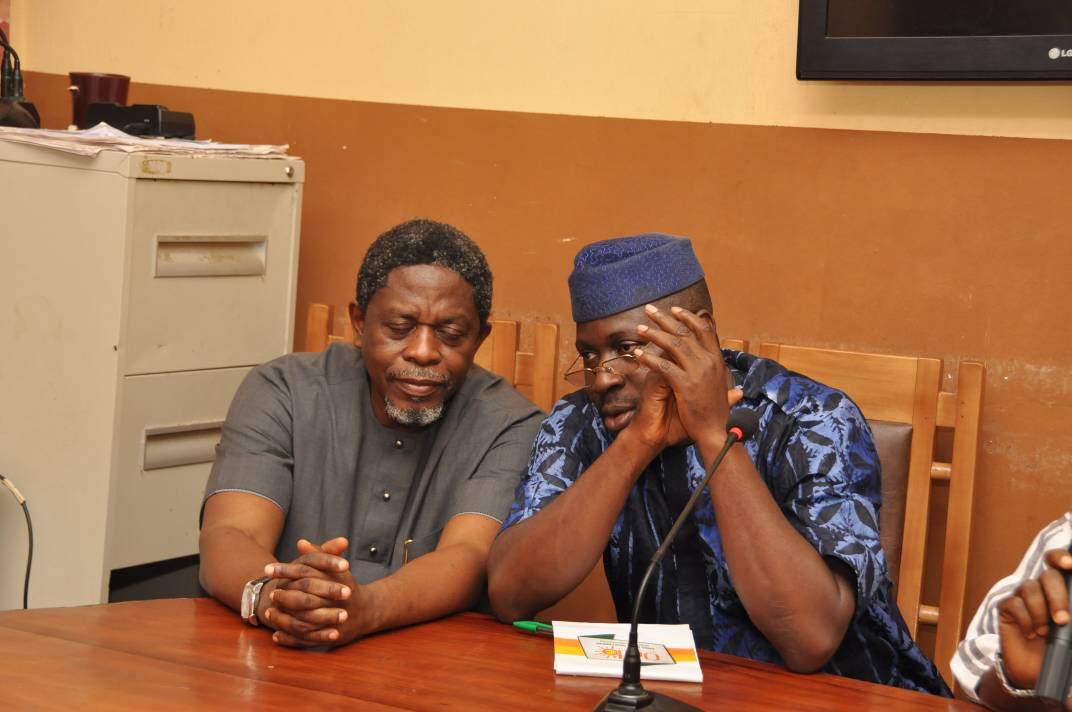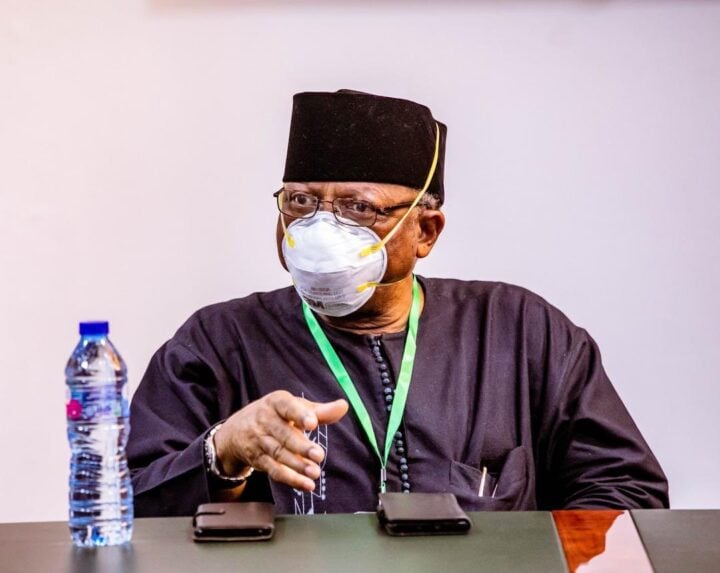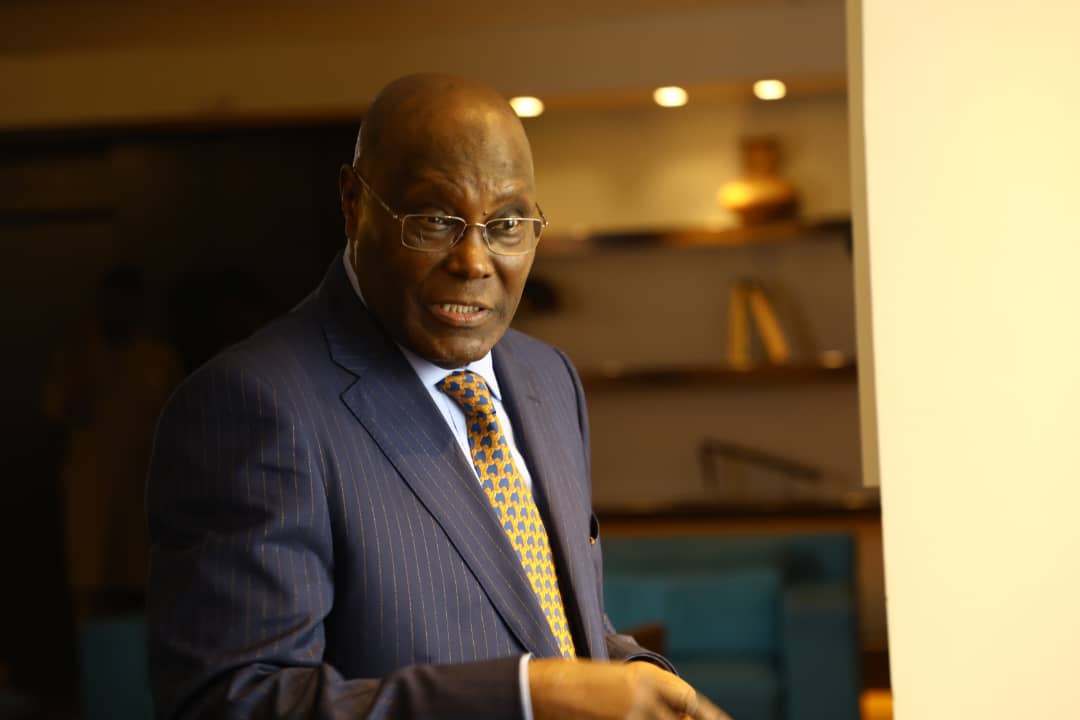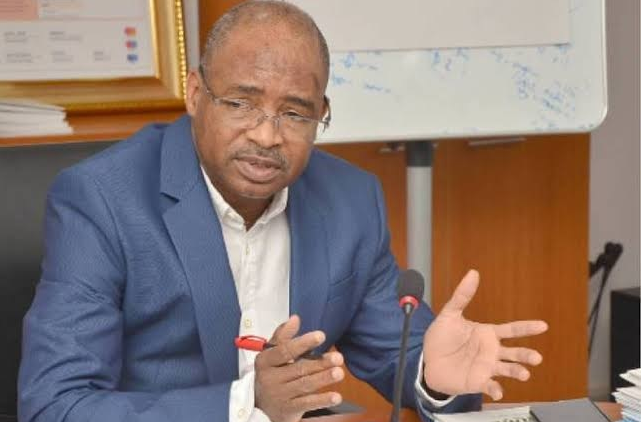The federal government says it is putting various policies in place to help Nigerians adjust to life after the COVID-19 pandemic.
The pandemic has affected various sectors of the Nigerian economy and resulted in reduced revenue for the government after crude oil prices fell on the back of reduced demand.
Nigeria depends on crude oil sales for an estimated 90% of its forex earnings.
As part of the initiatives, the presidency said it would place emphasis on integrating local content in proven researches in the cure, and production of materials in the health sector.
Advertisement
Other initiatives listed in a statement signed by Femi Adesina, the special adviser to President Muhammadu Buhari on media and publicity, in a statement on Thursday, are:
- An economic team, headed by the Minister of Finance, Budget and National Planning has been set up to examine the impact of COVID-19 on the economy.
- Economic Sustainability Committee headed by the Vice President to define a post-COVID-19 economy for Nigeria.
- Taskforce set up on the free movement of farm produce headed by the Minister of Agriculture and Rural Development.
- Plans afoot to tackle weak health systems and infrastructure through the establishment of standard laboratories, intensive care units, and isolation centres in all states of the federation. The health infrastructure will eventually be recalibrated for the good of the people, and in readiness for future emergencies.
- As long term measure, emphasis will be placed on integrating
- A fiscal sustainability plan to complement the suite of monetary and banking interventions recently announced by the Central Bank of Nigeria.
- A mass agricultural programme to be put in place.
- Major rural road construction programme.
- Mass housing programme.
- Large scale installation of residential solar systems, utilizing mainly local materials.
- Expansion of the Social Investment Programme.
- The 2020-2022 medium-term expenditure framework and the budget 2020 assumptions and targets have already been revised.
- Time-sensitive expenditures are to be prioritized over less critical spending.
- Extant financial controls are to be strengthened to detect, eliminate and sanction instances of waste, funds misappropriation and corruption.
Add a comment







